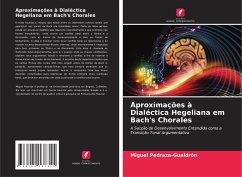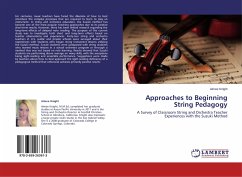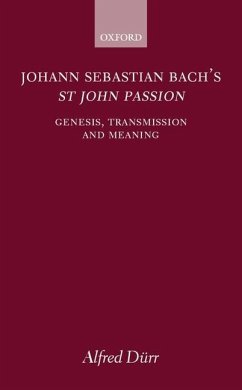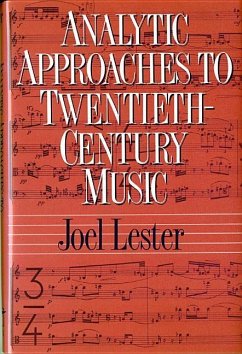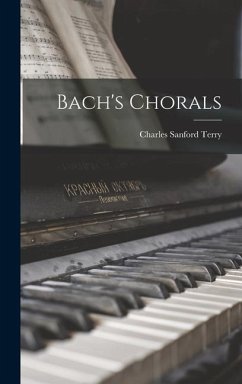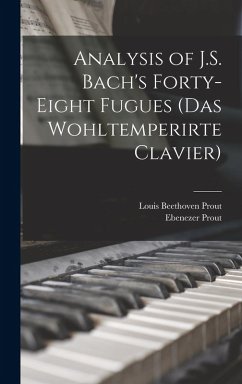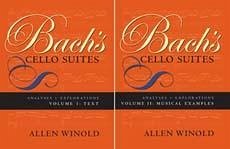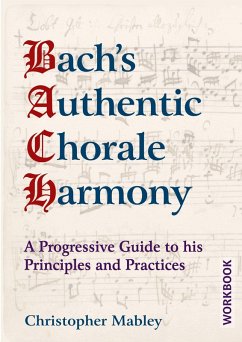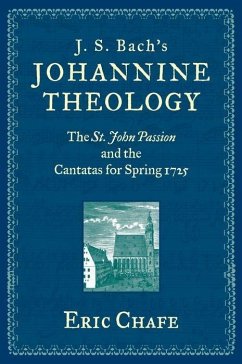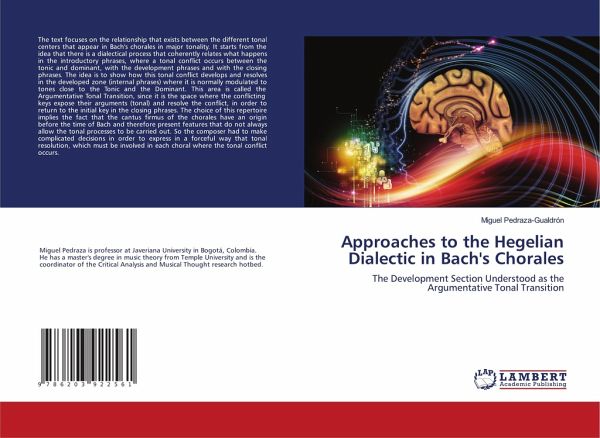
Approaches to the Hegelian Dialectic in Bach's Chorales
The Development Section Understood as the Argumentative Tonal Transition
Versandkostenfrei!
Versandfertig in 6-10 Tagen
27,99 €
inkl. MwSt.

PAYBACK Punkte
14 °P sammeln!
The text focuses on the relationship that exists between the different tonal centers that appear in Bach's chorales in major tonality. It starts from the idea that there is a dialectical process that coherently relates what happens in the introductory phrases, where a tonal conflict occurs between the tonic and dominant, with the development phrases and with the closing phrases. The idea is to show how this tonal conflict develops and resolves in the developed zone (internal phrases) where it is normally modulated to tones close to the Tonic and the Dominant. This area is called the Argumentat...
The text focuses on the relationship that exists between the different tonal centers that appear in Bach's chorales in major tonality. It starts from the idea that there is a dialectical process that coherently relates what happens in the introductory phrases, where a tonal conflict occurs between the tonic and dominant, with the development phrases and with the closing phrases. The idea is to show how this tonal conflict develops and resolves in the developed zone (internal phrases) where it is normally modulated to tones close to the Tonic and the Dominant. This area is called the Argumentative Tonal Transition, since it is the space where the conflicting keys expose their arguments (tonal) and resolve the conflict, in order to return to the initial key in the closing phrases. The choice of this repertoire implies the fact that the cantus firmus of the chorales have an origin before the time of Bach and therefore present features that do not always allow the tonal processes to be carried out. So the composer had to make complicated decisions in order to express in a forceful way that tonal resolution, which must be involved in each choral where the tonal conflict occurs.



